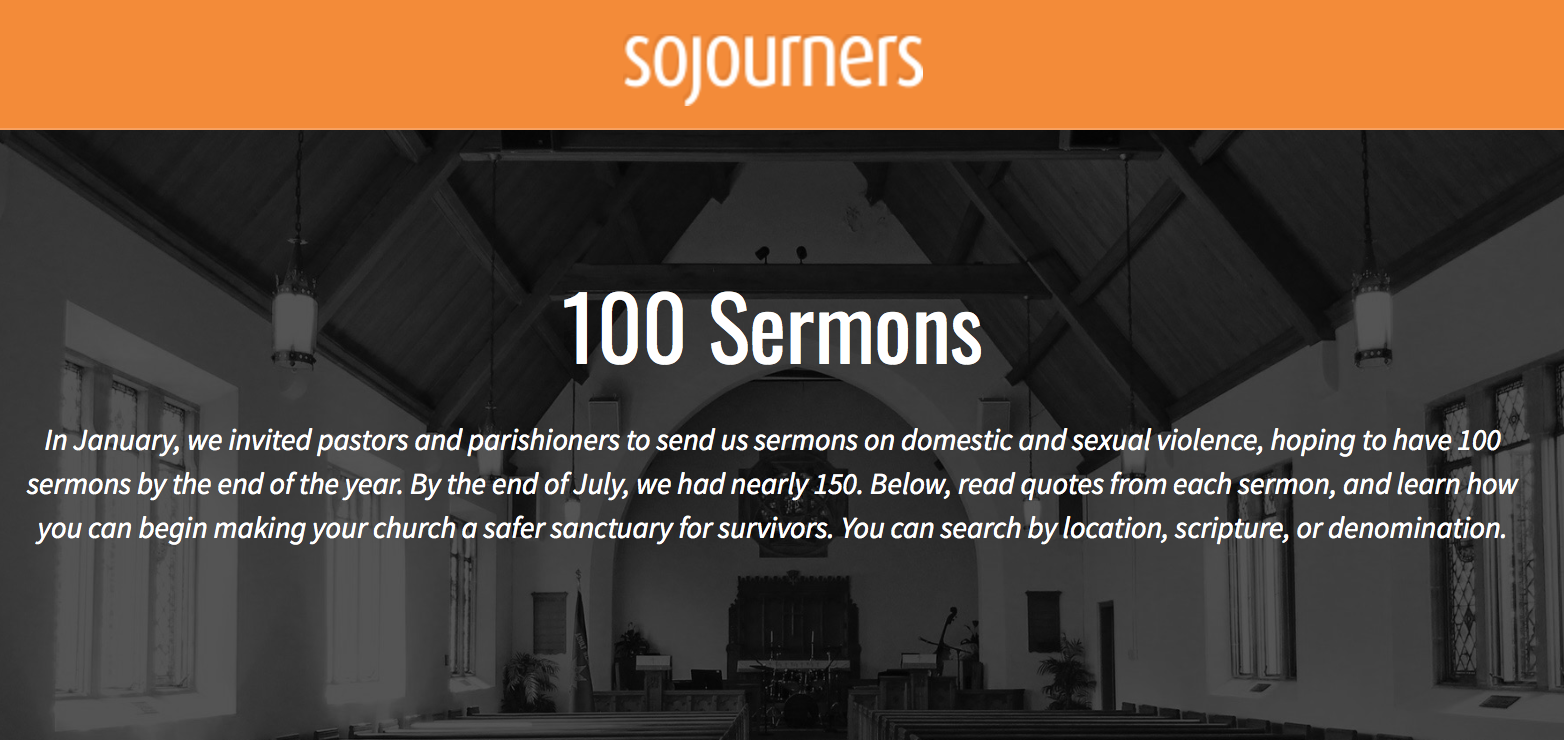“It was chaos,” sighed Stacey Hall Burge, CEO of Found House Interfaith Housing Network, which provides emergency shelter and programs for families dealing with housing loss and insecurity in the Cincinnati area.
“From Monday to Friday, we had no specifics, no clarity,” said Burge, recounting the past week at her organization. “There are rents and supports for hundreds of families I am not sure how to pay right now. Families that worked hard to get off the streets, who may go right back. Many of them working, but unable to fully afford rent in the current housing crisis,” she told Sojourners in an interview over Zoom.
“At any given time, we could be letting down a couple of hundred families who would be left on their own to figure out their housing,” she said.
For Found House, the saga began when the White House’s Office of Management and Budget issued a memo freezing all federal grants and loans on Jan. 27, following an executive order from President Donald Trump requiring all federal agencies to “temporarily pause all activities related to … disbursement of all Federal financial assistance.”
Legal experts argue the executive order directly violated Article I of the Constitution and decades of legal opinion. Cerin Lindgrensavage and William Ford, staff for the nonpartisan, anti-authoritarian nonprofit Protect Democracy wrote the Trump administration was trying “to wrest the spending power away from Congress and into the hands of the president and his appointees.”
“The system of checks and balances the Founders designed does not give the president unchecked power to execute only the laws passed by Congress that he agrees with,” they wrote. “When Congress appropriates funds, the president must spend them.”
The order put a temporary freeze on hundreds of billions of dollars, impacting a vast array of services provided by thousands of nonprofits working in education, social services, science research, health care, or refugee resettlement, who were unable to access federal government systems used to withdraw funds as last week began.
Though judges have ordered a temporary pause on the administration’s efforts to freeze federal fundingand the OMB memo was rescinded by a two-sentence notice on Jan. 29, uncertainty continues for faith-inspired and faith-based nonprofits like Found House.
Compounding the fear across the faith-based services sector, the back-and-forth with federal funding comes as the Trump administration also put a 90-day freeze on almost all foreign aid and Elon Musk’s “Department of Government Efficiency” is shutting down payments to federal contractors.
On Sunday, Musk shared a post by Michael Flynn on X, Trump’s former national security adviser who previously plead guilty to lying to the FBI, listing what purported to be payments to Lutheran charities that receive government funding, ranging from Lutheran Social Services to Global Refuge — formerly Lutheran Immigration and Refugee Services.
Musk tweeted, “corruption and waste is being rooted out in real-time” and claimed DOGE is “rapidly shutting down” payments to the charities.
Though the OMB memo was rescinded, nonprofit leaders remain nervous, anxious about what the future holds for their organizations, staff, and the families and individuals they serve.
“The question becomes: What do we actually have to work with?” said Burge.
Found House’s current contracts with the Department of Housing and Urban Development go through the end of June, but Burge and colleagues are openly questioning if those are safe. “The honest answer is: We are not sure.”





